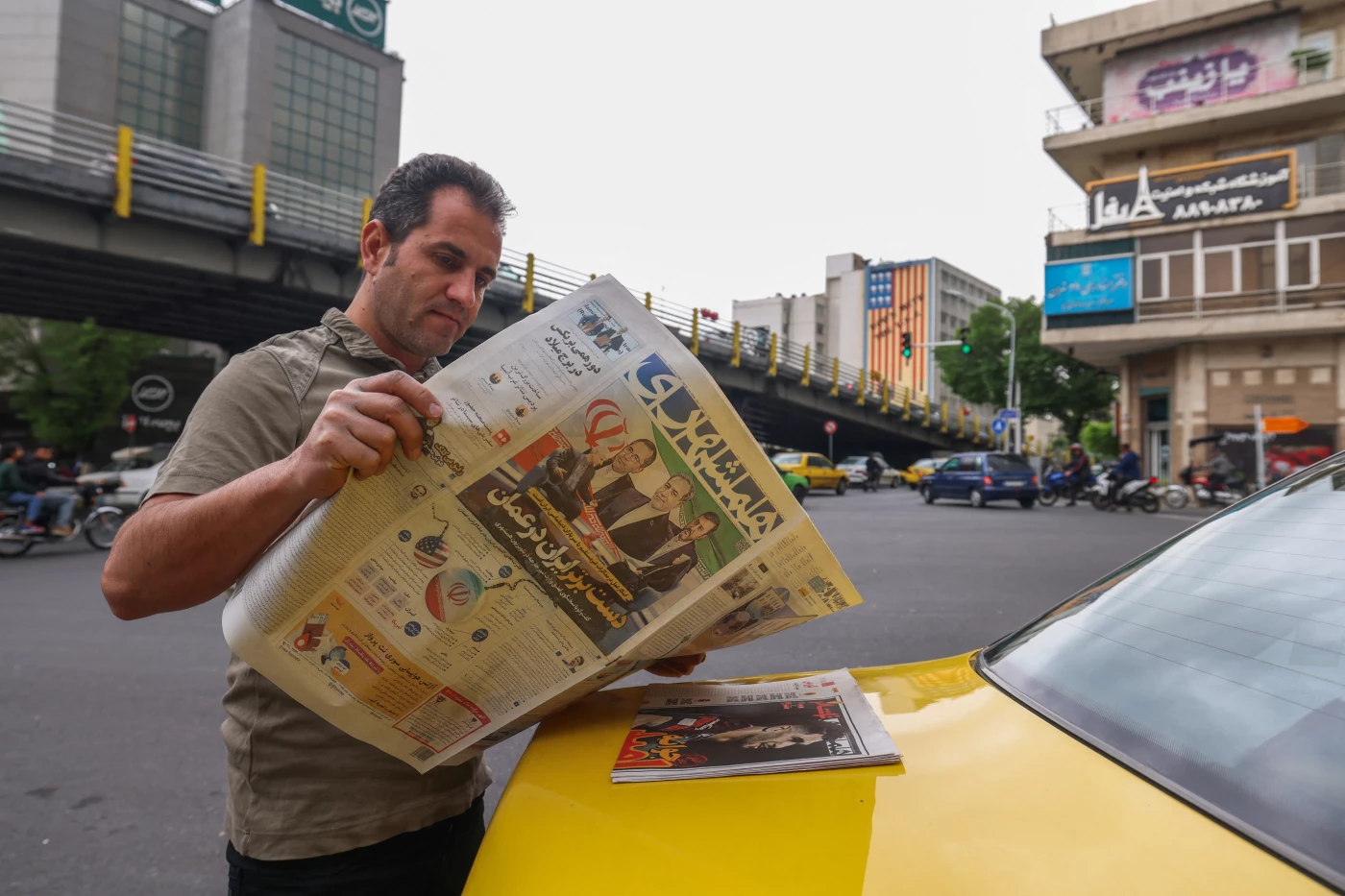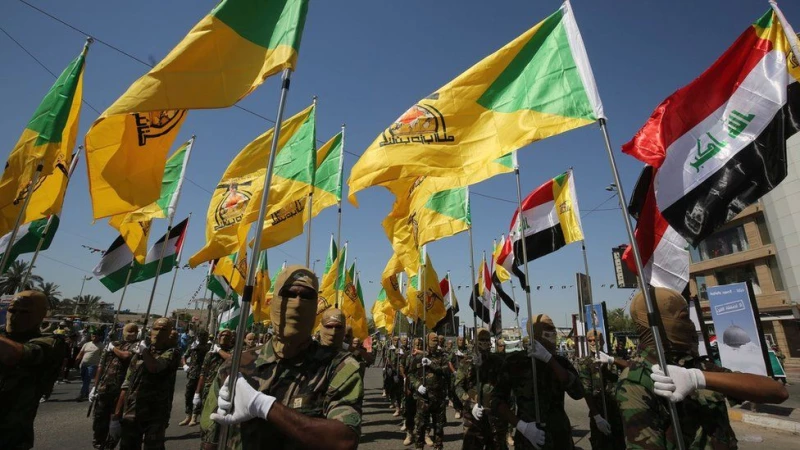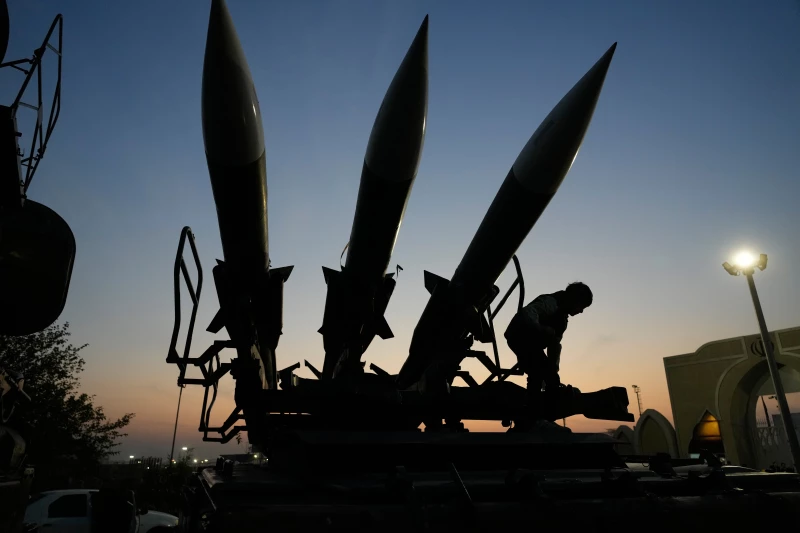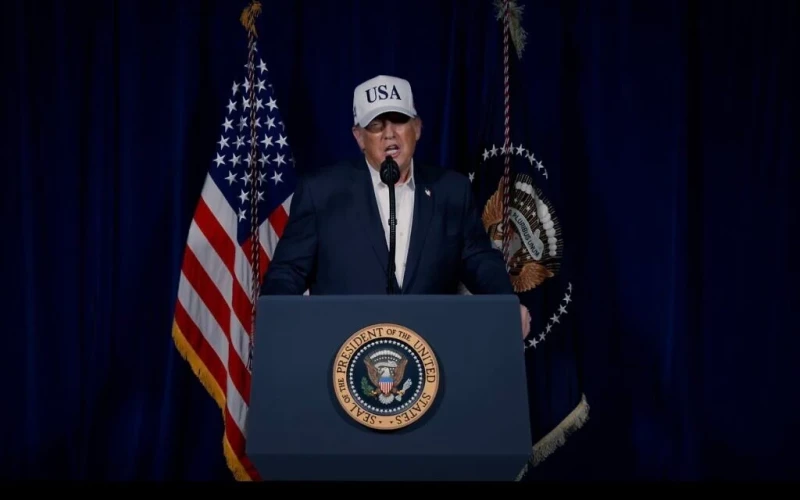ERBIL, Kurdistan Region of Iraq - Iraq expressed its support late Saturday for the start of nuclear talks between the United States and neighboring Iran, emphasizing the importance of dialogue in fostering regional stability.
The first round of nuclear discussions facilitated by Oman concluded on Saturday, with Iran's Foreign Minister Abbas Araghchi characterizing them as constructive and saying they were conducted in an environment of mutual respect.
The two sides are set to engage in a second round of nuclear discussions in Oman next Saturday.
Iraq expresses its approval of "the initiation of the Iranian-American dialogues in the friendly Sultanate of Oman and acknowledges the positive signs stemming from the first round of discussions between the two parties,” according to a statement from the Iraqi foreign ministry.
“The Ministry asserts Iraq's strong commitment to supporting diplomacy and negotiated solutions as the optimal approach to resolving disputes and fostering stability at both regional and global levels.”
Iraq is hopeful that "these discussions will yield favorable outcomes soon, aiding in the reduction of tensions and the development of trust between the two sides, for the benefit of the peoples of the region and the enhancement of security and peace.”
The US, European powers, and the International Atomic Energy Agency (IAEA) have consistently voiced concerns that Tehran is making strides toward developing nuclear weapons.
To ensure that Iran will never acquire nuclear arms, the Trump administration has persistently urged Tehran to return to the negotiating table.
Iran's President Masoud Pezeshkian recently stated that Tehran "by no means" seeks military conflict with the US but is prepared to defend its sovereignty without hesitation during a phone conversation with Saudi Crown Prince Mohammed bin Salman.
In late March, Trump threatened that if Tehran fails to reach an agreement on the nuclear issue, “there will be bombing. It will be bombing the likes of which they have never seen before.”
In early February, Trump signed a memorandum reinstating his "maximum pressure" policy against Iran, which involves an array of stringent sanctions and new economic measures to apply pressure on the country.
In 2015, world powers agreed to lift international sanctions on Iran in exchange for restrictions on Tehran's nuclear program, a deal known as the Joint Comprehensive Plan of Action (JCPOA).



 Facebook
Facebook
 LinkedIn
LinkedIn
 Telegram
Telegram
 X
X


